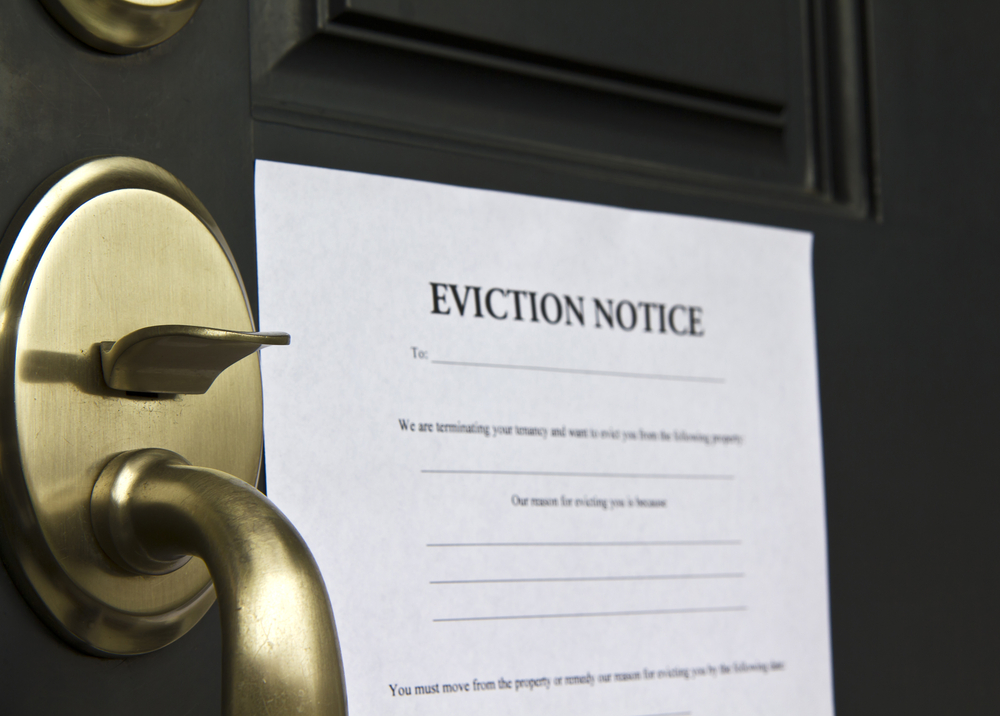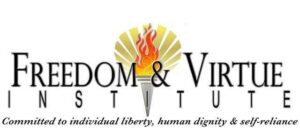“The right of property is the guardian of every other right, and to deprive a people of this is, in fact, to deprive them of their liberty.” The Virginian Arthur Lee wrote that in 1775. It’s a quote I’ve used before, and I’ll keep using it because it captures a too-often-neglected truth. As the debate continues about how best to deal with the coronavirus pandemic, it’s being neglected again.
In San Francisco, Archbishop Salvatore Cordileone is engaged in an ongoing battle with city authorities concerning strict limitations on religious activities. The CDC has placed restrictions on the eviction of tenants by landlords. And, of course, restaurants and other establishments continue to operate under heavy disabilities imposed across many states and other jurisdictions.

Besides the fact that all of these regulations have been applied in the cause of public health, there is another common thread: they are infringements on property rights. It’s not incorrect to think about public worship as a First Amendment, religious freedom issue, but it’s also a property-rights issue. Churches are pieces of property, privately owned by individuals or organizations. As such, their owners ought to be able to control their use.
Landlords are, it should be obvious, landowners. If tenants are able to occupy landowners’ property without paying the agreed-to fee, the owners’ property rights are violated. Similarly, a restaurant is a privately owned building. The freedom to use that property for the purpose of generating income is a basic right attending to that ownership.
There are limitations to these rights, to be sure. All legal and religious traditions—including American civil law and Christian social thought—recognize that property rights are not absolute. Private property exists in the context of the political community and its use is subordinate to the common good. Thus property rights can be constrained by the government when necessary to prevent grave harm to the community. During emergencies, the government enjoys even greater latitude to enforce such limitations.
But it’s also true that robust private property rights are a necessary element of the common good. Remember Arthur Lee’s words: “the guardian of every other right.” Property rights are not ultimately about property if by that is meant a pile of material goods. They are about human freedom and welfare. Throughout the world and throughout history, wherever the fundamental freedom of religious belief and practice has been respected, so have the property rights of religious institutions. Wherever human individuality and dignity have been respected, so have the rights of property in housing, commerce, and agriculture. The holding of property furnishes persons with the capacity to act in freedom for the good of themselves and others. Believers who worship in a church-owned by the state worship at the whim of the state.
As the pandemic stretches past the six-month mark, the issue of the emergency powers of the state grows more urgent. In an environment of fear and insecurity, it is doubly important to be attentive to government overreach. In the words of a federal judge’s recent ruling against some of Pennsylvania’s pandemic-control measures, “The liberties protected by the Constitution are not fair-weather freedoms—in place when times are good but able to be cast aside in times of trouble.” If in the rush to destroy a common enemy, we trample individual rights, any victory is Pyrrhic.
“The solution to a national crisis,” the judge continued, “can never be permitted to supersede the commitment to individual liberty that stands as the foundation of the American experiment. The Constitution cannot accept the concept of a ‘new normal’ where the basic liberties of the people can be subordinated to open-ended emergency mitigation measures.”
Our country has always prided itself on the protection of these “basic liberties,” including property rights. As we continue efforts to limit the damage of disease, we must not lose sight of that. Property rights are not a luxury that can be afforded only during times of tranquility; they’re a necessity that must be preserved, even and especially during times of crisis.


